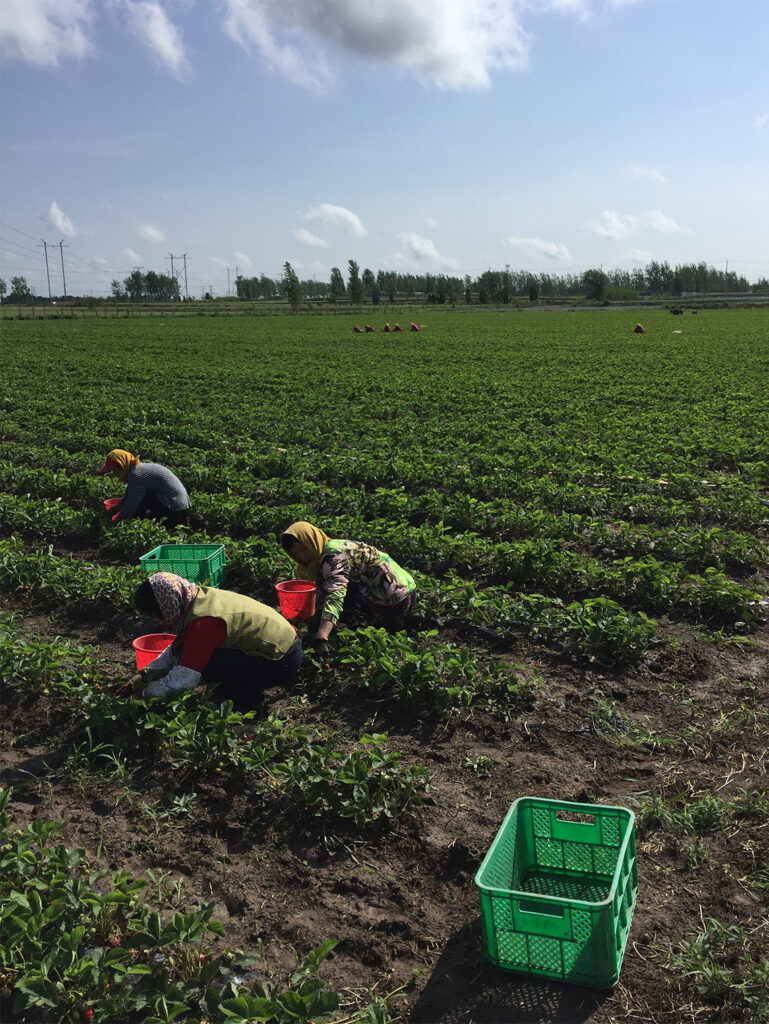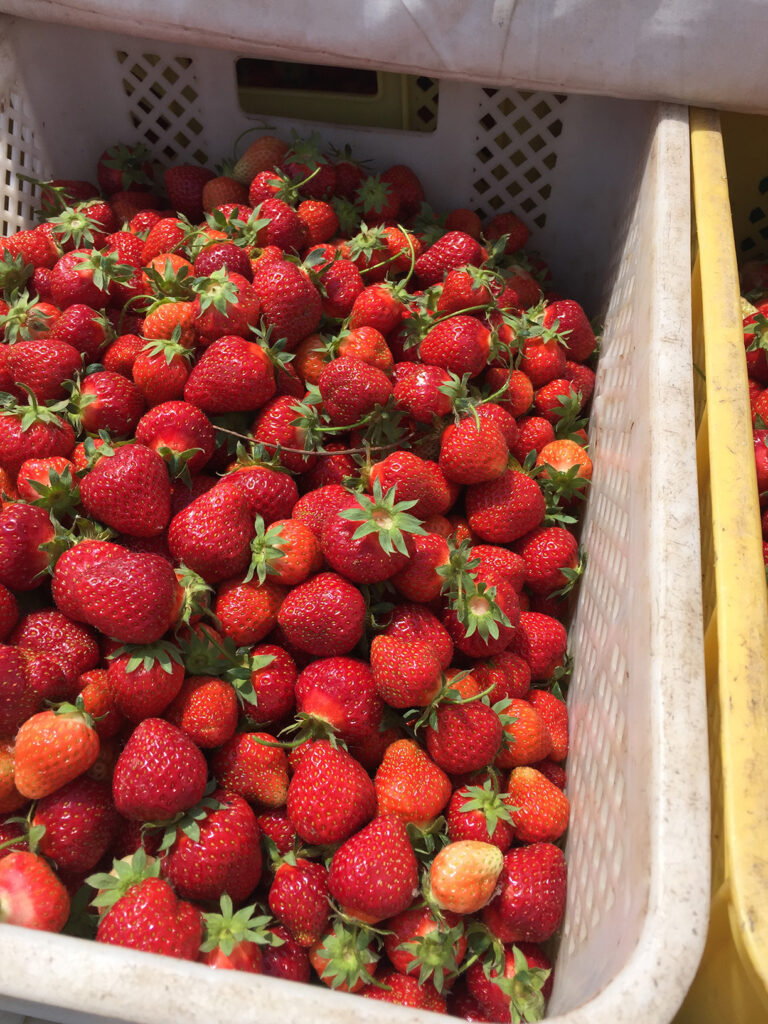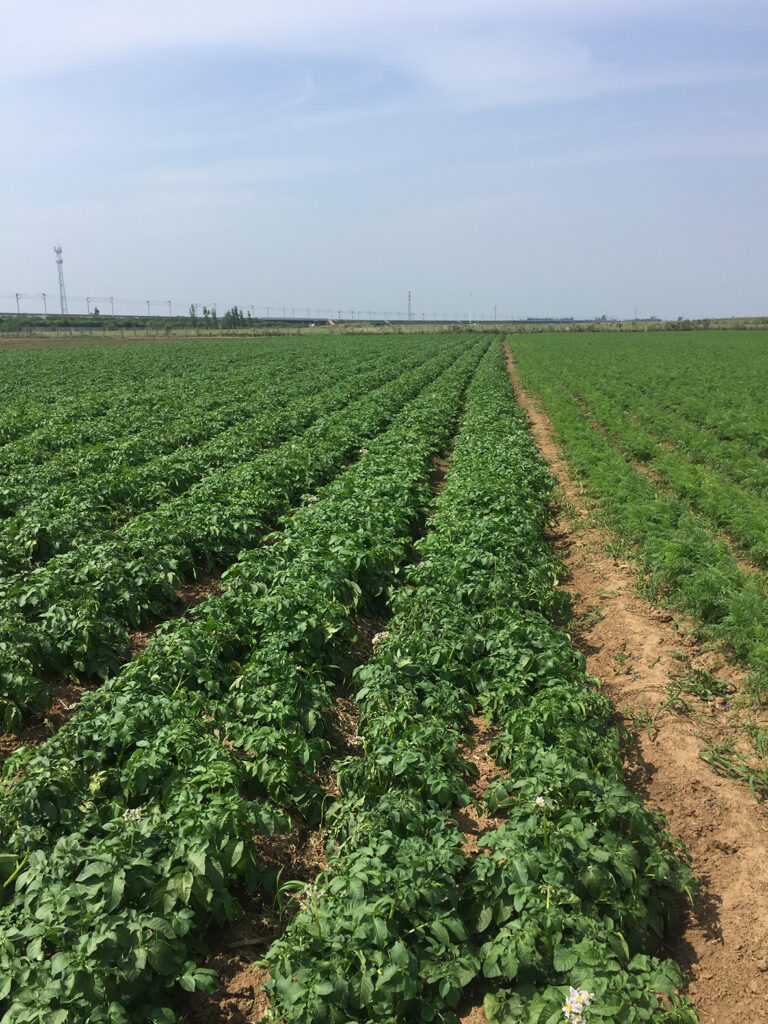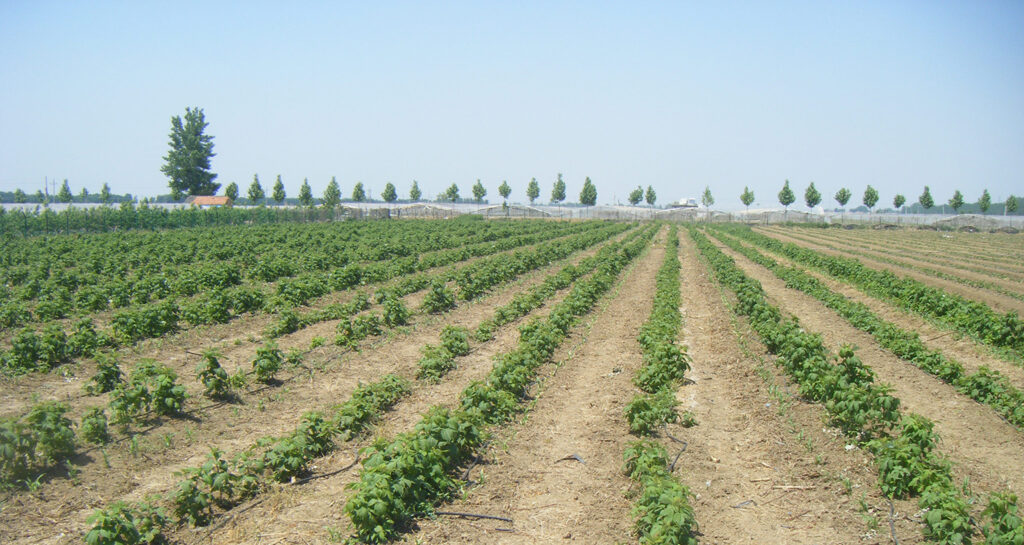It’s fair to say that the last 12 months have been a challenge on all sorts of fronts, but one thing remains on the up in 2021, and that is organic farming. Growth of organic sales in the UK in 2020 was up at a record increase of 13%, vastly outperforming growth in non-organic, and the figures held up in the first quarter of 2021, suggesting that although the global pandemic forced some buyers to rethink their shopping habits, those choices are here to stay. Looking at the situation worldwide, it is anticipated that the global Organic Food And Beverages Market will grow at a compound annual growth rate (CAGR) of 16% from 2019 to 2026 (Organic Food And Beverages Market Size Estimated to Reach a Value of USD 620.00 Billion by 2026 (globenewswire.com)).
This is good news in our eyes. We’re proud of our organic farming achievements; in fact, it’s how we started Dragons Garden, our growing and processing operation in China. At its inception in 2000, Dragons Garden was a small, 9 acre organic nursery. We’ve expanded in lots of ways since then with the development of our two factories, and our organic farming operations now cover about 100 acres, from which we supply organic strawberries and vegetables to the UK and Australasian markets.



We’ve seen a huge increase in sustainable agriculture practices and organic food production in China in our thirty years in the business. Back in 2017, China ranked third in certified organic growing areas after Australia and Argentina, and as of 2019 the certified organic agricultural area totalled around 3.1 million hectares (for more see Why China is emerging as a leader in sustainable and organic agriculture (theconversation.com)), with the domestic market for organic produce increasing by a huge 25% each year.
The Chinese government is committed to improving the quality of products (rather than simply focussing on volume) and actively encouraging a shift towards more sustainable farming practices (see our blog on Sustainable power and water at Dragons Garden – Berry Ltd) and practical support is available on a range of levels, such as contributions to the costs of organic certification, funding for organic fertilisers and training in organic farming practices.
It’s been a steep learning curve, and not without its challenges, and although organic farming is only a small part of what we do, it’s something we’re keen to see grow in the coming years.

